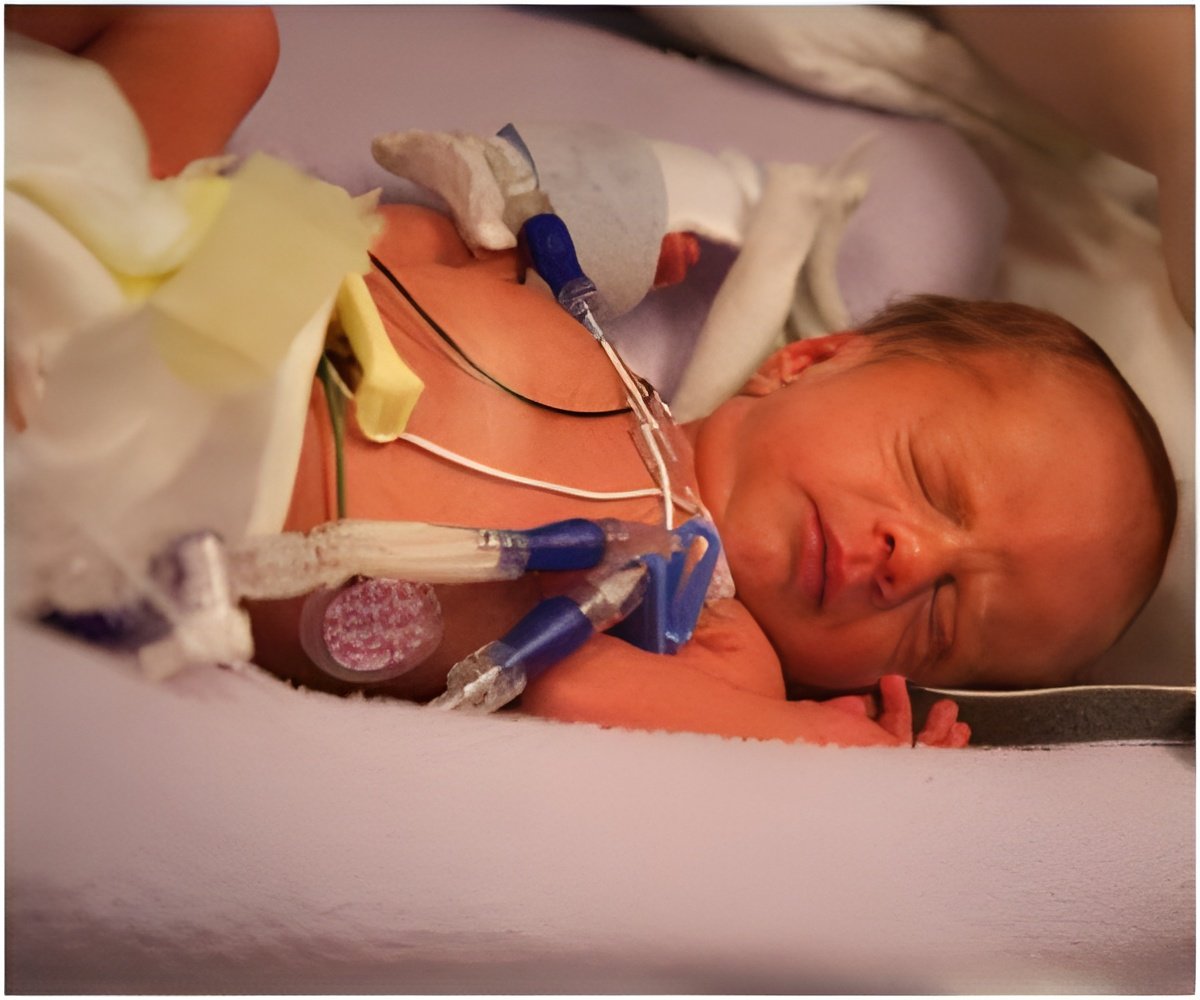It is suspected that infants whose birth weight is very low and have to undergo major surgery could have an increased risk of death or subsequent neurodevelopmental impairment.

Author: Frank H. Morriss, Jr., M.D., M.P.H., of the University of Iowa, Iowa City, and colleagues.
Background: Some animal studies suggest general anesthesia for surgery can increase the risk for neurocognitive or behavioral deficits. This has raised some concerns about exposing infants to general anesthesia for surgery.
How the Study Was Conducted: The authors examined the association between very-low-birth-weight infants who underwent surgery and the risk for death or NDI. Surgery was classified as major (the administration of general anesthesia) or minor (without general anesthesia). The study included patients enrolled in the National Institute of Child Health and Human Development Neonatal Research Network Generic Database from 1998 through 2009. A total of 12,111 infants were included in the analyses.
Results: A total of 2,186 infants underwent major surgery, 784 had minor surgery and 9,141 had no surgery. Most infants who underwent surgery did so once, but 1,080 had multiple procedures. Very-low-birth-weight infants who underwent major surgery appeared to have a more than 50 percent increased risk of death or NDI at 18 to 22 months of age. However, in the present analysis, the specific type of anesthesia used was not documented and data on dosing and other drugs administered were not available.
Discussion: "Exposure of VLBW infants to major surgery is associated with increased risk of death or NDI and of NDI among survivors, each by approximately 50%. The contribution of general anesthesia to this effect is suspected but not yet proven."
 MEDINDIA
MEDINDIA




 Email
Email





